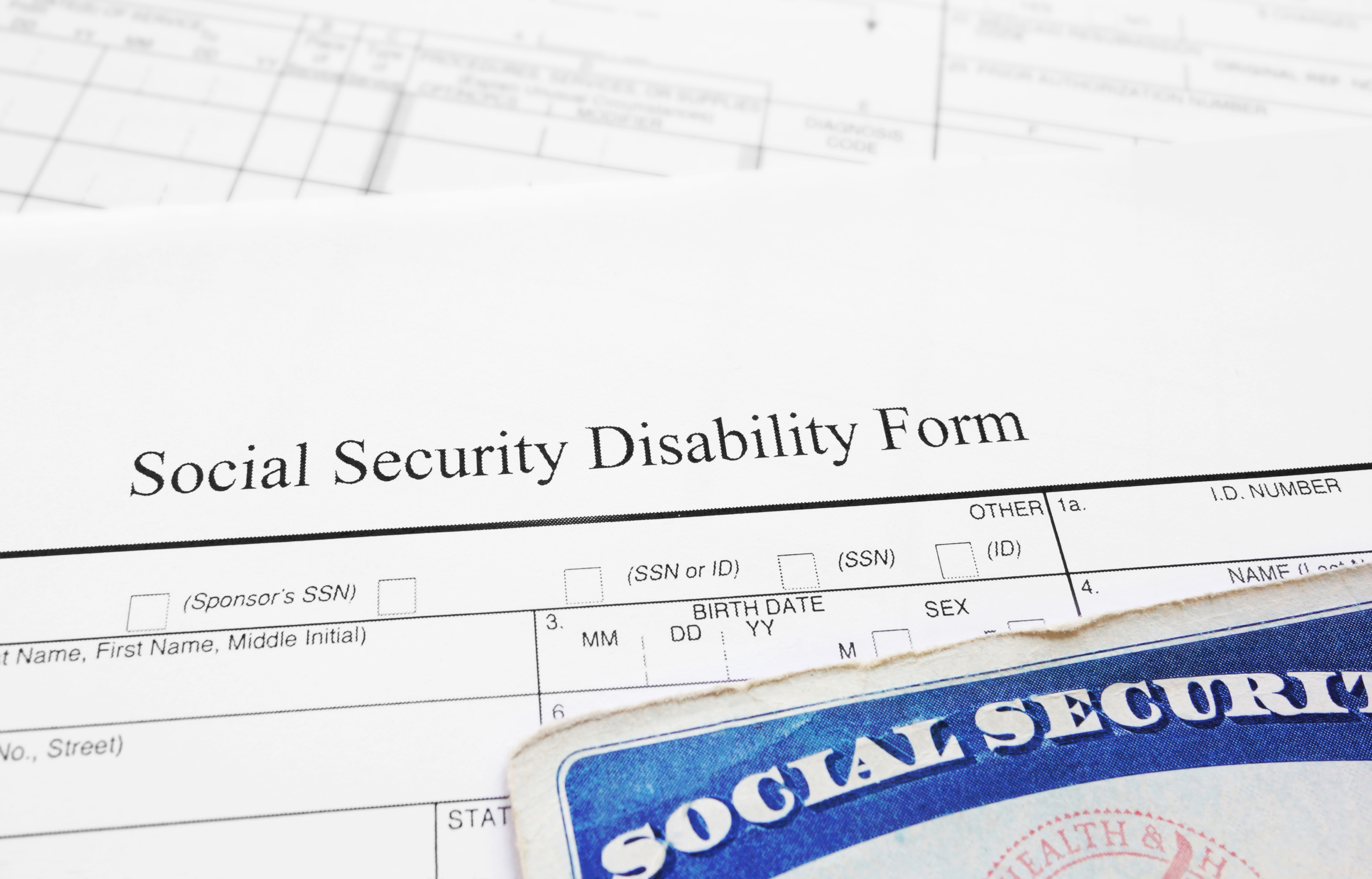Do you have an upcoming mental disability case? Winning these cases can be difficult, since you can’t rely on biological evidence to make your case. That’s why today, we’re explaining what factors judges look for in mental disability cases. First, you need a track record of seeing both a psychiatrist for medication and a therapist for regular treatment. To learn more, check out this video.

We discuss winning a disability case specifically related to mental illness, focusing on cases where mental illness is the primary disability rather than one of multiple disabilities. Mental illness is subjective, lacking a definitive test like those for physical ailments. Instead, the key focus is on treatment.
Effective treatment involves two crucial components: a psychiatrist prescribing medication and regular therapy sessions with a qualified therapist. In this context, more comprehensive treatment tends to be more beneficial. Hospitalization is another significant factor in mental illness disability cases. If you’ve been hospitalized, a judge is much more likely to rule in your favor. On the other hand, if a doctor has recommended hospitalization and you’ve refused, it could be very detrimental to your case.
The third recommendation is applicable in specific situations, particularly for neurocognitive disorders, severe anxiety, and depression — a neuro-psychological evaluation can be influential if included in the case file.
A claimant can obtain Social Security Disability benefits directly due to a psychiatric disorder or in combination with other disabilities. The Social Security administration calls them Mental Disorders. There are 9 listed Mental Disorders.
9 Diagnostic Categories for Mental Disorder Listings
- Organic mental disorders (12.02)
- Schizophrenic, paranoid and other psychotic disorders (12.03)
- Affective disorders (12.04)
- Intellectual disability (12.05)
- Anxiety-related disorders (12.06)
- Somatoform disorders (12.07)
- Personality disorders (12.08)
- Substance addiction disorders (12.09)
- Autistic disorder and other pervasive developmental disorders (12.10)
Each of the listed disorders has specific criteria that need to be met in order for the claimant to qualify for SSD benefits. These are typically broken down into three criteria. The A criteria is a set of medical findings, the B criteria is a set of impairment-related functional limitations, and the C criteria has additional functional criteria.
In the event a claimant does not meet the criteria he/she can still be found disabled if the mental condition is found to be so severe that it prevents the claimant from:
- Remembering work-like procedures (locations are not critical)
- Understanding and remember very short and simple instructions
- Carrying out very short and simple instructions
- Maintaining attention for extended periods of 2-hour segments (concentration is not critical)
- Maintaining regular attendance and being punctual within customary tolerances. (These tolerances are usually strict.) Maintaining a schedule is not critical.
- Sustaining an ordinary routine without special supervision.
- Working in coordination with or proximity to others without being (unduly) distracted by them.
- Making simple work-related decisions.
- Completing a normal workday and workweek without interruptions from psychologically based symptoms and performing at a consistent pace without an unreasonable number and length of rest periods. (These requirements are usually strict.)
- Asking simple questions or requesting assistance.
- Accepting instructions and responding appropriately to criticism from supervisors.
This is not an exhaustive list but this is a list Social Security publishes. The SSA will also evaluate a combination of less serious work related limitation in combination with physical impairments.
If you would like to learn about favorable cases involving mental disorders view our firm’s case studies for SSD benefits here.
If you need assistance in determining whether your mental disorder makes you eligible for SSD benefits contact our office by phone #(847) 577-4476 or online.








